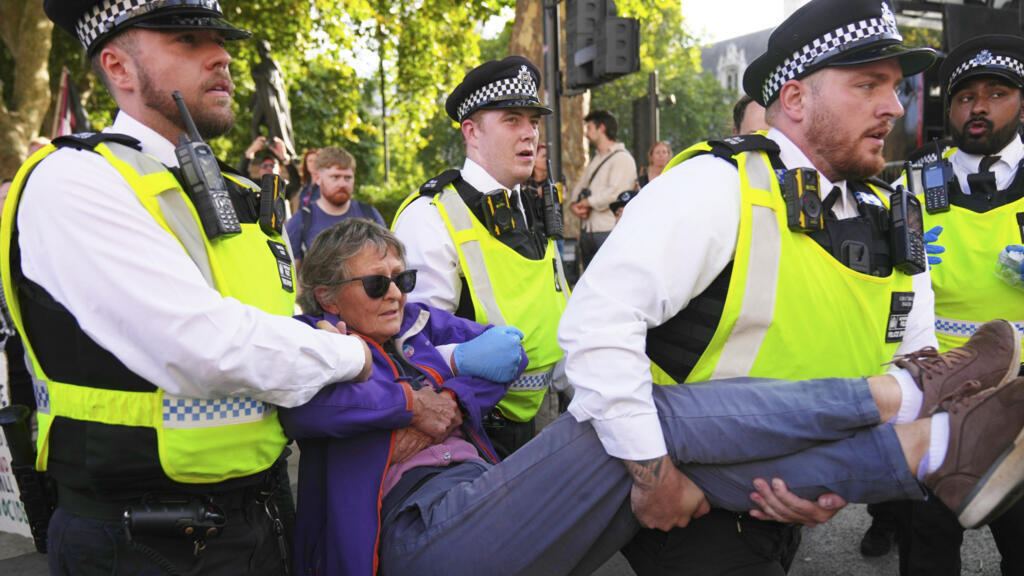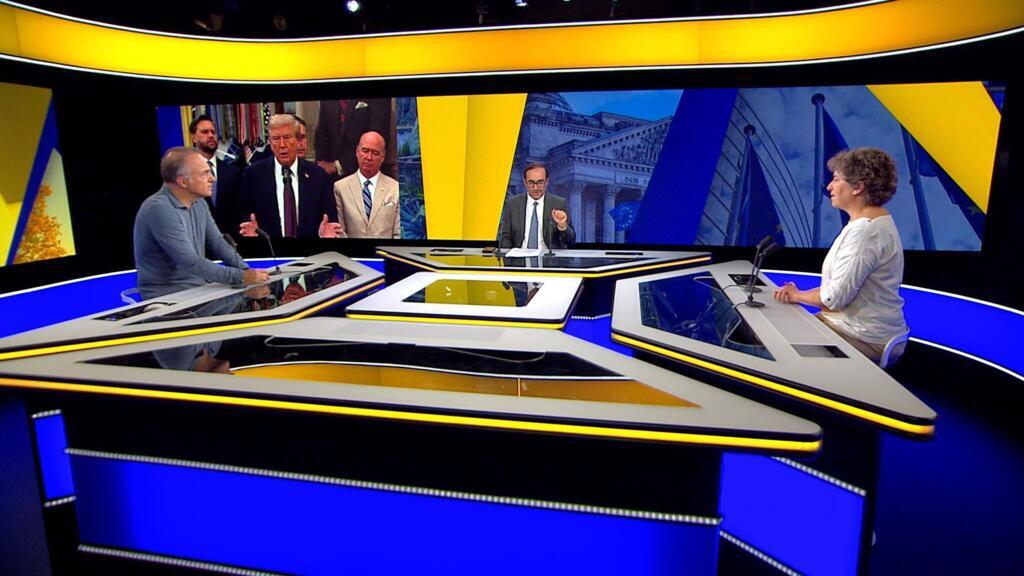On Saturday, nearly 900 individuals were detained by police in London during a large-scale protest against the UK government's designation of Palestine Action as a terrorist organization. This protest drew significant attention, as it was marked by strong sentiments regarding freedom of speech and the right to peaceful assembly.
Palestine Action is a group that has been vocal in its opposition to the actions and policies of the Israeli government regarding Palestine. The UK government's classification of this organization as a terrorist entity has sparked outrage among many advocacy groups and activists who view the ban as an infringement upon their fundamental rights. Protesters argue that labeling Palestine Action as a terrorist organization undermines the broader discourse on Palestinian rights and limits the scope of legitimate protest against perceived injustices.
The protests unfolded across various locations in London, with demonstrators carrying banners and chanting slogans in support of Palestinian rights. Many participants expressed their belief that the government's actions are a direct attack on civil liberties and an ongoing effort to stifle dissent related to UK foreign policy in the Middle East.
Law enforcement agencies deployed significant resources to manage the protests, leading to a heavy police presence in the city. The authorities justified the detentions by citing concerns over public order and the need to maintain safety during the demonstration. However, critics argue that the mass arrests are indicative of a broader trend of suppressing dissent and stifling voices that challenge government narratives.
Protesters voiced their dissatisfaction not only with the ban on Palestine Action but also with the government's overall approach to issues concerning Palestine. Many participants highlighted the historical context of the Israeli-Palestinian conflict and the growing need for urgent action, as well as the importance of supporting marginalized voices.
The events on Saturday ignited a larger conversation surrounding the limits of free speech and the role of government in regulating protests. As debates about civil liberties continue to evolve, the arrests have raised questions about how far authorities should go in enforcing laws and maintaining public order without infringing upon individual rights.
In conclusion, the developments on Saturday exemplify the tensions between state authority and individual expression in contemporary society. While the government maintains its position on security and public order, critics and activists are determined to ensure that their voices continue to be heard in the fight for justice and human rights.












